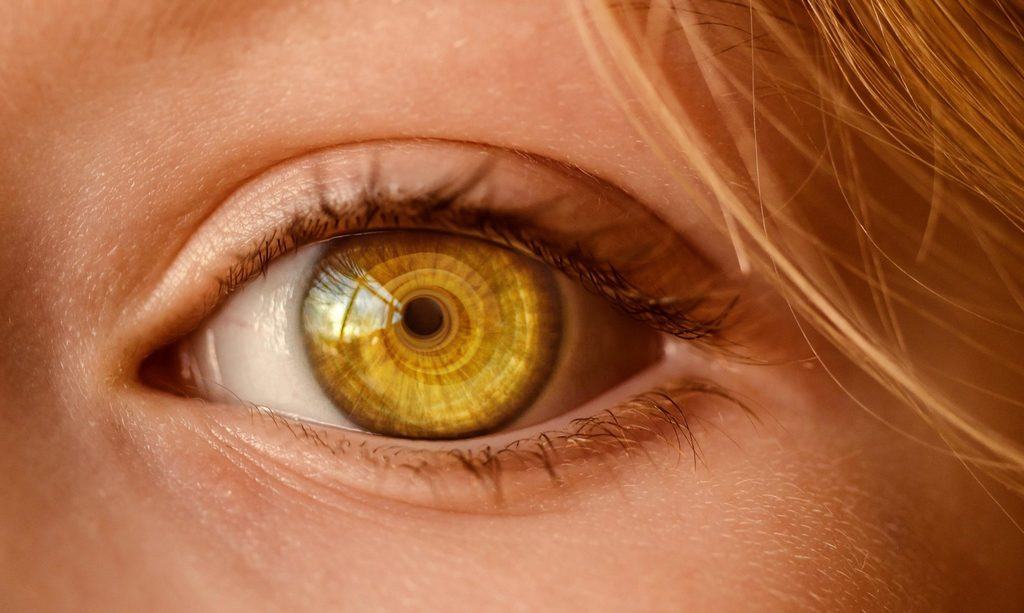Diabetes is one of the most common chronic conditions nowadays. Many people have it without even knowing as the symptoms can be easily overlooked. But, when it comes to this disease, it’s extremely important to treat it as early as possible.
If not treated properly and on time, this chronic condition can lead to many health complications and damage to vital organs like the heart, kidneys, eyes, nerves, etc.
With the right diet, medication, and exercise, we can control our blood sugar levels and prevent these health problems from occurring.
So, here are a few early signs our blood sugar levels are higher than normal, according to ADA.
12 Symptoms of High Blood Glucose
1. Increased Urination
When there’s a high amount of glucose in the blood, the kidneys work harder to remove it. As a result, we urinate more often than usual, especially at night.
2. Excessive Thirst
We lose a lot of fluids when urinating frequently, so, naturally, our body will try to replenish it.
3. Increased Hunger
Blood sugar fluctuations don’t allow the cells to get the required glucose, and as a result, we feel hungry more often.
4. Dry Mouth
The high concentration of glucose in our blood and saliva makes our mouth dry. This, in turn, can lead to many oral and dental problems like gingivitis and bad breath explains Healthline.
5. Unexplained Weight Loss/Weight Gain
Losing 10-20 pounds over a few months for no reason can be a symptom of this chronic condition. Another indicator is eating too many sugary foods which can lead to weight gain.
6. Fatigue
When cells lack glucose, our body becomes exhausted. So, if we feel tired all the time, our blood sugar levels are probably poorly controlled, says Everyday Health.
7. Problems with Vision
High blood glucose can cause blurred vision, double vision, and reduced ability to see, says Alberta. In severe cases, it can even lead to permanent damage and vision loss. That’s why early treatment is highly recommended.
8. Cuts and Wounds That Heal Very Slowly
A high concentration of glucose in the blood makes the cell walls rigid and stiff, thus impairing the blood flow. This, in turn, doesn’t allow the blood to reach the vessels located at the wound surface, hence the slow healing of cuts, bruises, and wounds.
9. Nerve Problems
High blood sugar damages the blood vessels that carry oxygen and nutrients to nerves, thus damaging them. That’s why nerve problems can be a sign of poorly controlled blood sugar levels.
10. Dry, Itchy Skin
The poor circulation in the body caused by excessive glucose in the blood can make our skin dry and itchy, especially in the legs.
11. Stomach Issues
People with blood sugar problems often have difficulty emptying the food from their colons. High blood sugar is sometimes connected to nausea, abdominal pain, bloating, and vomiting.
12. Tingling, Numbness, or Pain in the Hands or Feet
High blood glucose can damage the nerves in the hands and feet, hence the tingling, numbness, and pain.
By recognizing these symptoms we can treat the disease the right way and prevent many serious health complications.
Source: Small Joys



